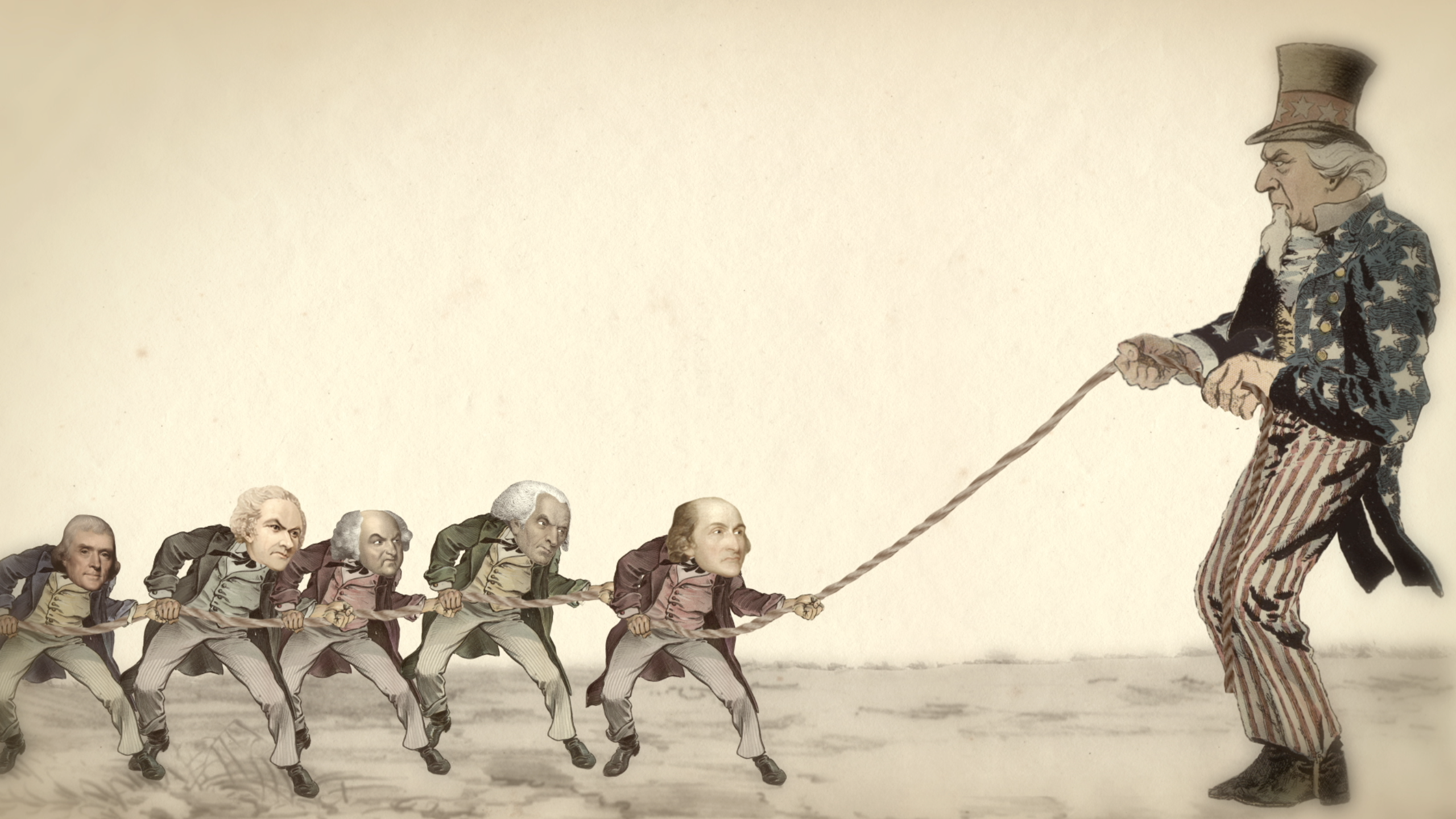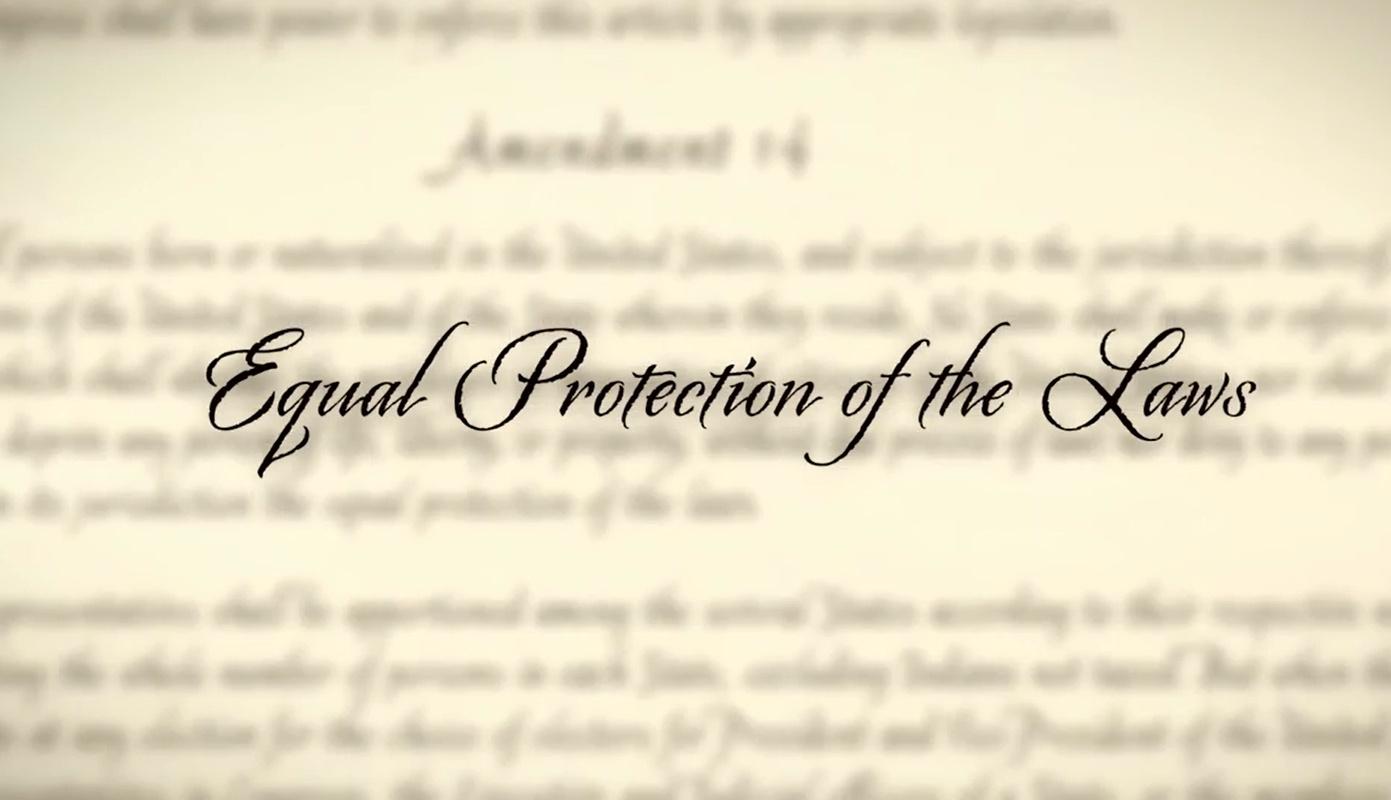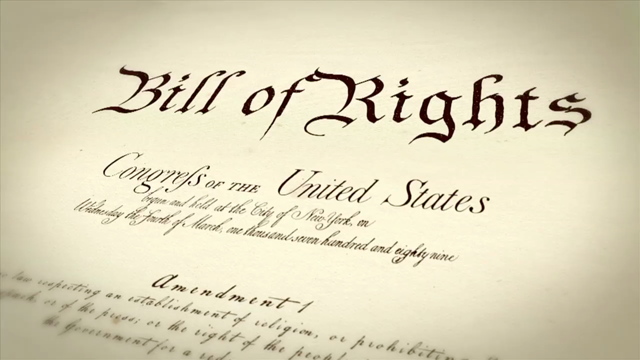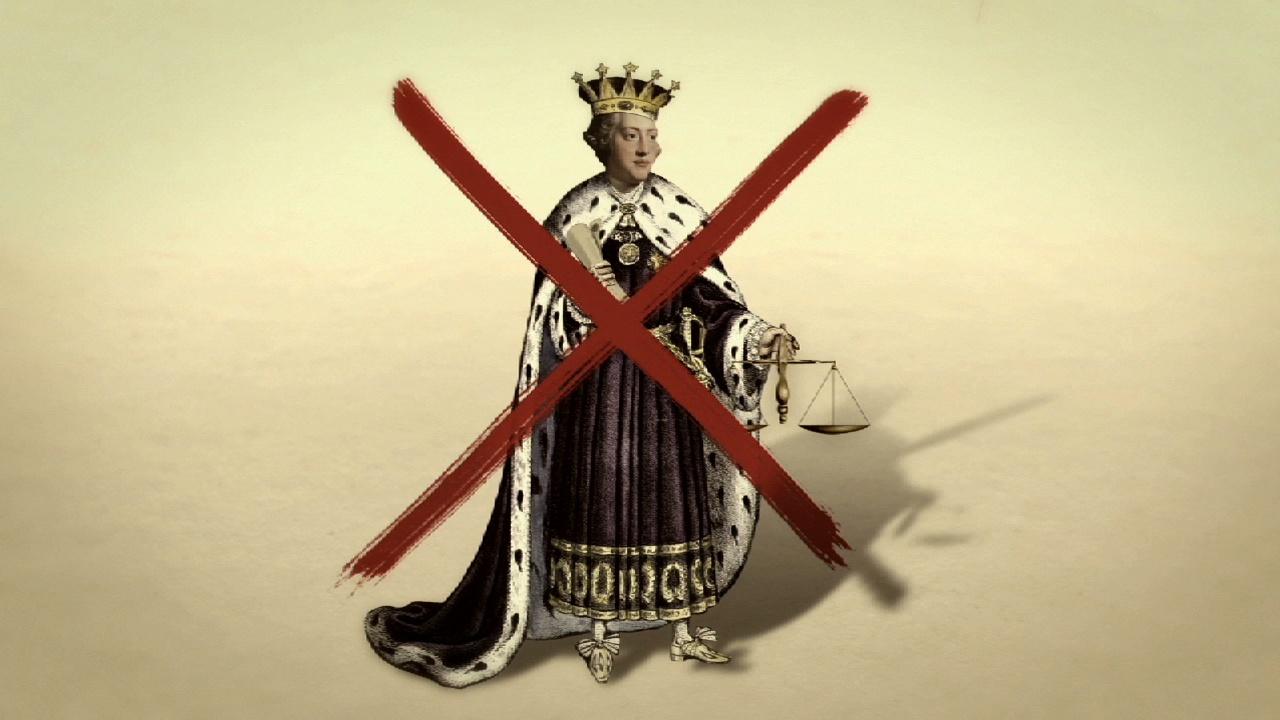
Federalism
Federalism is one of the most important and innovative concepts in the U.S. Constitution, although the word never appears there.

CONSTITUTION USA, a production of the Emmy and Peabody Award-winning team of tptNational Productions and Insignia Films, is hosted by Peter Sagal, the smart, sharp-witted star of NPR’s popular Wait Wait… Don’t Tell Me!. Over the course of the four-hour series, Sagal hits the road, travelling cross country on a customized red, white and blue Harley-Davidson, to find out where the Constitution lives, how it works, and how it unites us as a nation. From New York to San Francisco, from Missoula, Montana to Tyler, Texas, Sagal visits dozens of cities and small towns across America introducing viewers to some of today’s major constitutional debates—free speech in the digital age, same-sex marriage, voting rights, separation of church and state, presidential power in the post-9/11 world, to name just a few—and the fascinating stories of the people they affect every day.
And for each contemporary story, Sagal dives into the history behind it and talks to prominent legal scholars, historians and public figures, finding out what the Constitution says, the dramatic historical events and crises that defined the Constitution, and why all this matters. Each one-hour episode of CONSTITUTION USA vividly illuminates a central theme essential to the Constitution.
Peter explores the Constitution’s most striking and innovative feature: its resilient brand of federalism. The framers created a strong national government while at the same time preserving much of the power and independence of the states. This delicate balance of power, seemingly hard-wired for disagreement and conflict, has served America well for more than two centuries. But it has also led to tensions throughout American history and still sparks controversy today over medical marijuana, gun control, and Obamacare.
Ask Americans what the Constitution’s most important feature is, and most will say it’s the guarantees of liberty enshrined in the Bill of Rights. In this episode, Peter explores the history of the Bill of Rights, and also takes on several stories ripped from the headlines, involving freedom of speech, freedom of religion, and right to privacy.
The high ideals of the Declaration of Independence that “all men are created equal,” endowed with “unalienable rights,” didn’t make it into the Constitution in 1787. It took three-quarters of a century, and a bloody civil war, before the Fourteenth Amendment of 1868 made equality a constitutional right, and gave the federal government the power to enforce it. The far-reaching changes created by that amendment established new notions of citizenship, equal protection, due process, and personal liberty and today those notions are being used to fight for same sex marriage, voting rights, affirmative action, and immigration reform.
In this last episode, Peter travels to Iceland where a few years after the country’s economic collapse, leaders decided to create a new constitution, turning to the U.S. Constitution for inspiration. This prompts Peter to consider why our own founding document has been able to last for more than 225 years. He looks at the systems that have kept the Constitution healthy--amendments, judicial interpretation, checks and balances —and also at the political forces that threaten to undermine the framers’ vision: excessive partisanship leading to gridlock, money in politics, and gerrymandering.

Federalism is one of the most important and innovative concepts in the U.S. Constitution, although the word never appears there.

In the wake of the Civil War, three amendments were added to the U.S. Constitution.

Federalism is one of the most important and innovative concepts in the U.S. Constitution, although the word never appears there.

The first three words in the Constitution are the most powerful: We the People.